This novel millimeter wave radar sensor chip is tiny, energy-efficient, and inexpensive, yet is as accurate as the world’s best sensors.
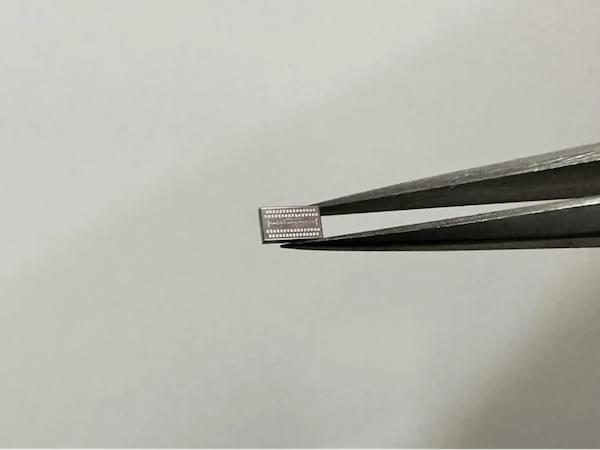

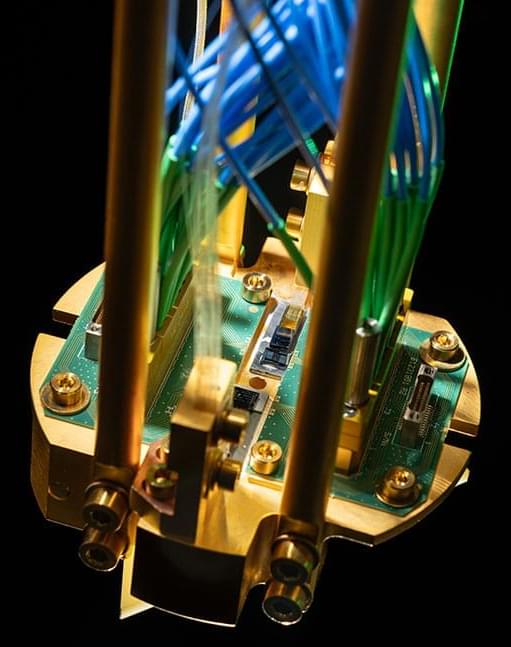
Ben Dixon, a researcher in the Optical and Quantum Communications Technology Group, explains how the process works: “First, you need to generate pairs of specific entangled qubits (called Bell states) and transmit them in different directions across the network link to two separate quantum repeaters, which capture and store these qubits. One of the quantum repeaters then does a two-qubit measurement between the transmitted and stored qubit and an arbitrary qubit that we want to send across the link in order to interconnect the remote quantum systems. The measurement results are communicated to the quantum repeater at the other end of the link; the repeater uses these results to turn the stored Bell state qubit into the arbitrary qubit. Lastly, the repeater can send the arbitrary qubit into the quantum system, thereby linking the two remote quantum systems.”
To retain the entangled states, the quantum repeater needs a way to store them — in essence, a memory. In 2020, collaborators at Harvard University demonstrated holding a qubit in a single silicon atom (trapped between two empty spaces left behind by removing two carbon atoms) in diamond. This silicon “vacancy” center in diamond is an attractive quantum memory option. Like other individual electrons, the outermost (valence) electron on the silicon atom can point either up or down, similar to a bar magnet with north and south poles. The direction that the electron points is known as its spin, and the two possible spin states, spin up or spin down, are akin to the ones and zeros used by computers to represent, process, and store information. Moreover, silicon’s valence electron can be manipulated with visible light to transfer and store a photonic qubit in the electron spin state. The Harvard researchers did exactly this; they patterned an optical waveguide (a structure that guides light in a desired direction) surrounded by a nanophotonic optical cavity to have a photon strongly interact with the silicon atom and impart its quantum state onto that atom. Collaborators at MIT then showed this basic functionality could work with multiple waveguides; they patterned eight waveguides and successfully generated silicon vacancies inside them all.
Lincoln Laboratory has since been applying quantum engineering to create a quantum memory module equipped with additional capabilities to operate as a quantum repeater. This engineering effort includes on-site custom diamond growth (with the Quantum Information and Integrated Nanosystems Group); the development of a scalable silicon-nanophotonics interposer (a chip that merges photonic and electronic functionalities) to control the silicon-vacancy qubit; and integration and packaging of the components into a system that can be cooled to the cryogenic temperatures needed for long-term memory storage. The current system has two memory modules, each capable of holding eight optical qubits.
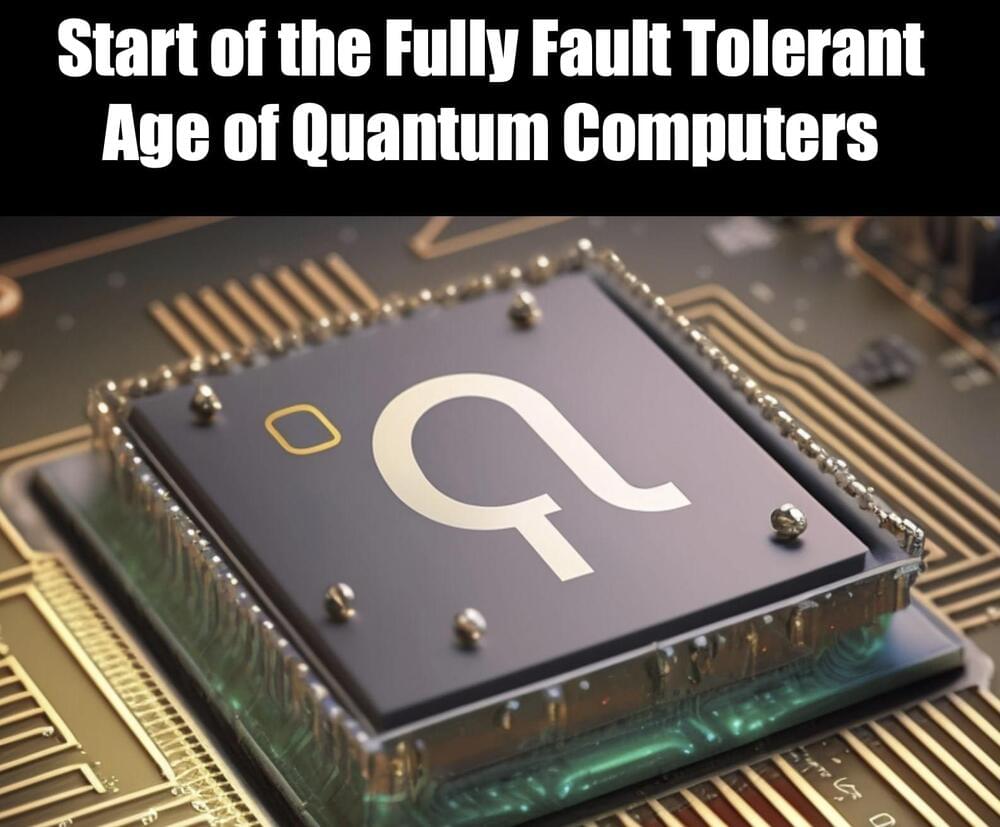
Without full fault tolerance in quantum computers we will never practically get past 100 qubits but full fault tolerance will eventually open up the possibility of billions of qubits and beyond. In a Wright Brothers Kittyhawk moment for Quantum Computing, a fully fault-tolerant algorithm was executed on real qubits. They were only three qubits but this was never done on real qubits before.
This is the start of the fully fault tolerant age of quantum computers. For quantum computers to be the real deal of unlimited computing disruption then we needed full fault tolerance on real qubits.
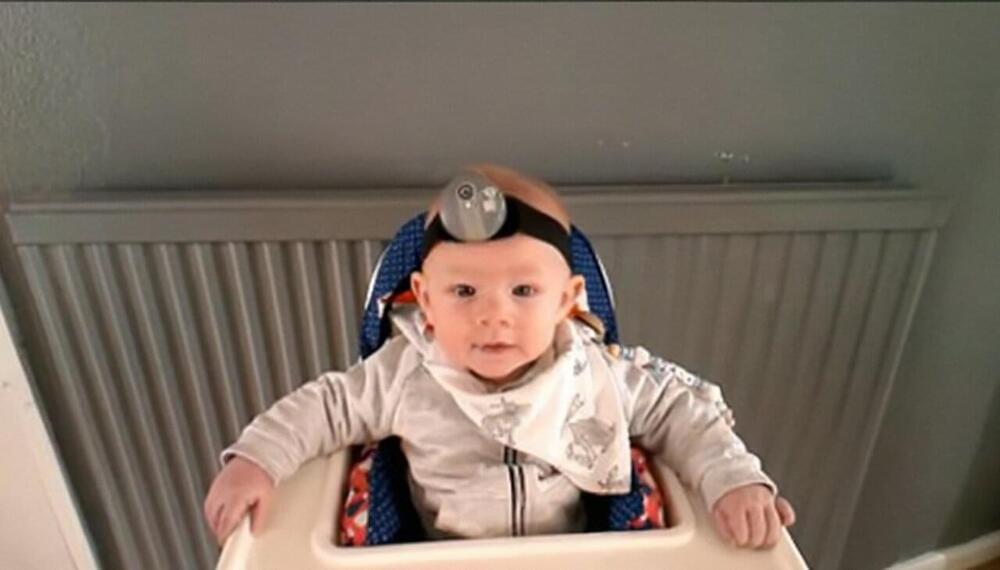
Researchers have conducted trials using a software capable of detecting intricate details of emotions that remain hidden to the human eye.
The software, which uses an “artificial net” to map key features of the face, can evaluate the intensities of multiple different facial expressions simultaneously.
The University of Bristol and Manchester Metropolitan University team worked with Bristol’s Children of the 90s study participants to see how well computational methods could capture authentic human emotions amidst everyday family life. This included the use of videos taken at home, captured by headcams worn by babies during interactions with their parents.
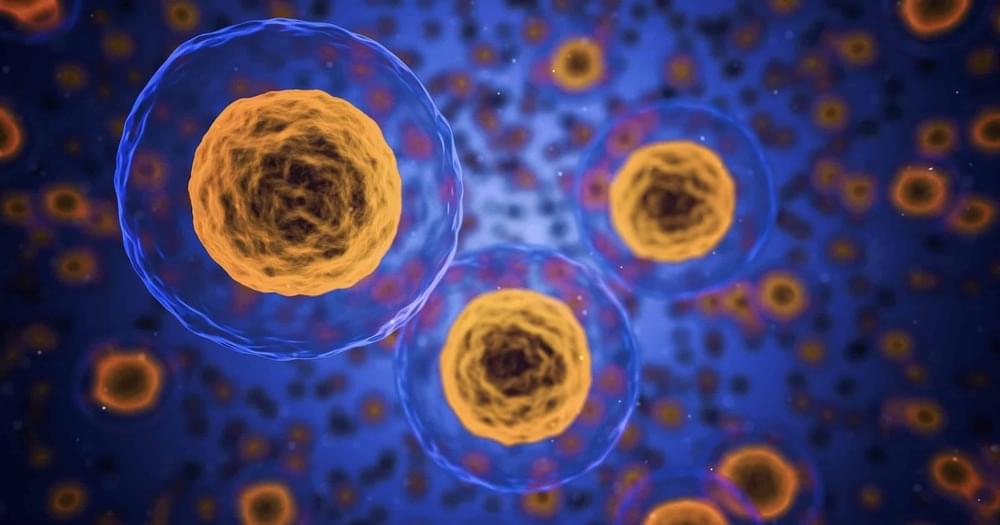
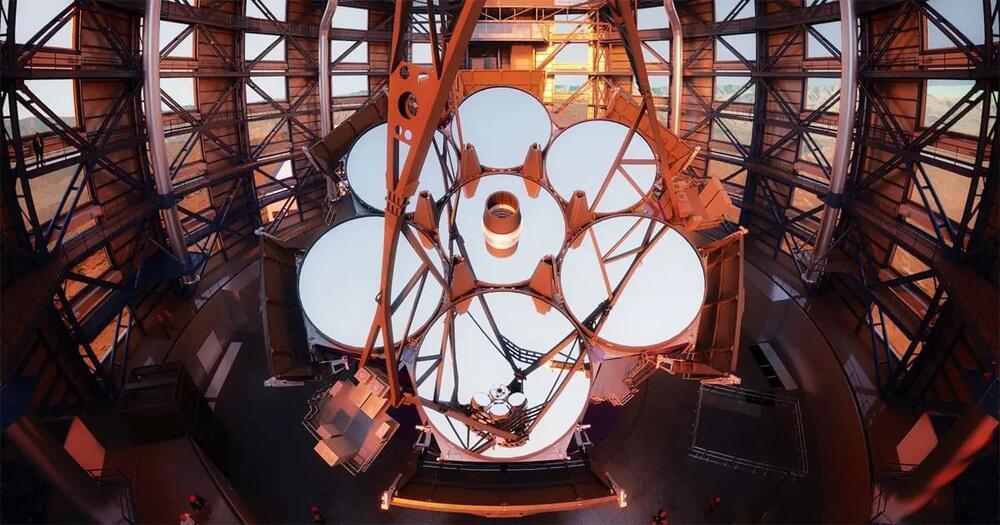
Work has begun on the seventh and final primary mirror of the ground-based Giant Magellan Telescope, which is expected to provide four times the image resolution of previous observatories when completed.
Computer-generated image of the finished Giant Magellan Telescope.
Scientists in the United States have begun fabricating and polishing the seventh and final primary mirror of the Giant Magellan Telescope. This will eventually complete its 368 square metre light collecting surface – forming the largest, most technically challenging optical system in astronomical history. When combined, all seven mirrors will collect more light than any other telescope in existence, making it a truly next-generation observatory.
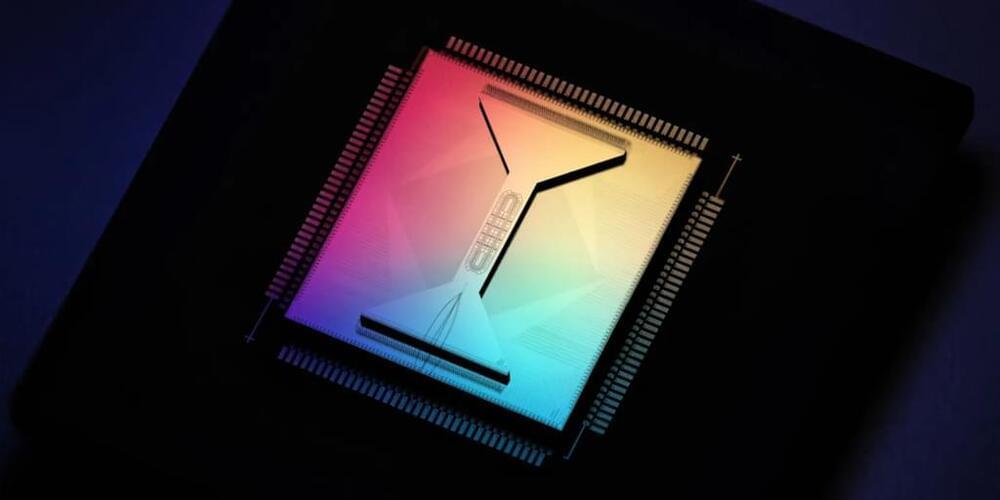
In a breakthrough for the futuristic field of quantum computing, researchers have implemented a basic arithmetic operation in a fault-tolerant manner on an actual quantum processor for the first time. In other words, they found a way to bring us closer to more reliable, powerful quantum computers less prone to errors or inaccuracies.
Quantum computers harness the bizarre properties of quantum physics to rapidly solve problems believed to be impossible for classical computers. By encoding information in quantum bits or “qubits,” they can perform computations in parallel, rather than sequentially as with normal bits.
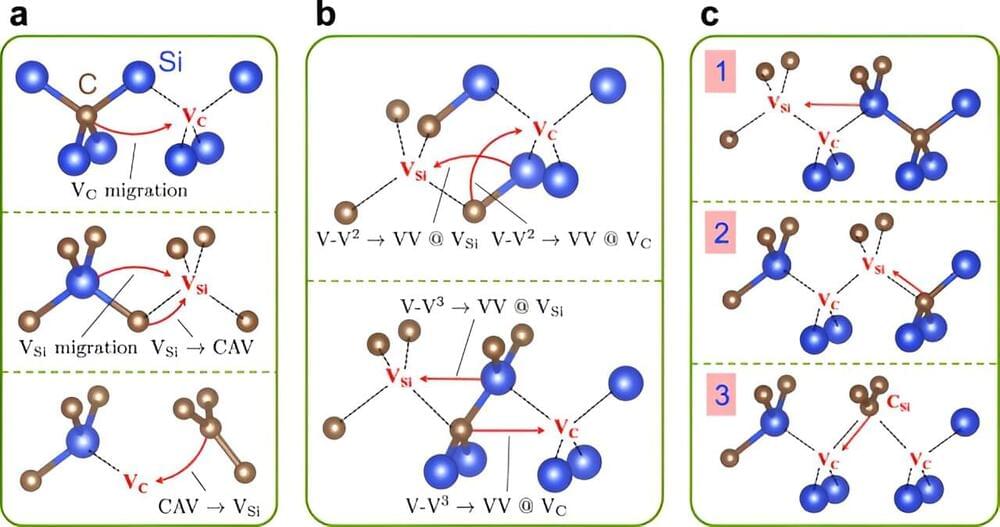
Researchers led by Giulia Galli at University of Chicago’s Pritzker School of Molecular Engineering report a computational study that predicts the conditions to create specific spin defects in silicon carbide. Their findings, published online in Nature Communications, represent an important step towards identifying fabrication parameters for spin defects useful for quantum technologies.
Electronic spin defects in semiconductors and insulators are rich platforms for quantum information, sensing, and communication applications. Defects are impurities and/or misplaced atoms in a solid and the electrons associated with these atomic defects carry a spin. This quantum mechanical property can be used to provide a controllable qubit, the basic unit of operation in quantum technologies.
Yet the synthesis of these spin defects, typically achieved experimentally by implantation and annealing processes, is not yet well understood, and importantly, cannot yet be fully optimized. In silicon carbide —an attractive host material for spin qubits due to its industrial availability—different experiments have so far yielded different recommendations and outcomes for creating the desired spin defects.
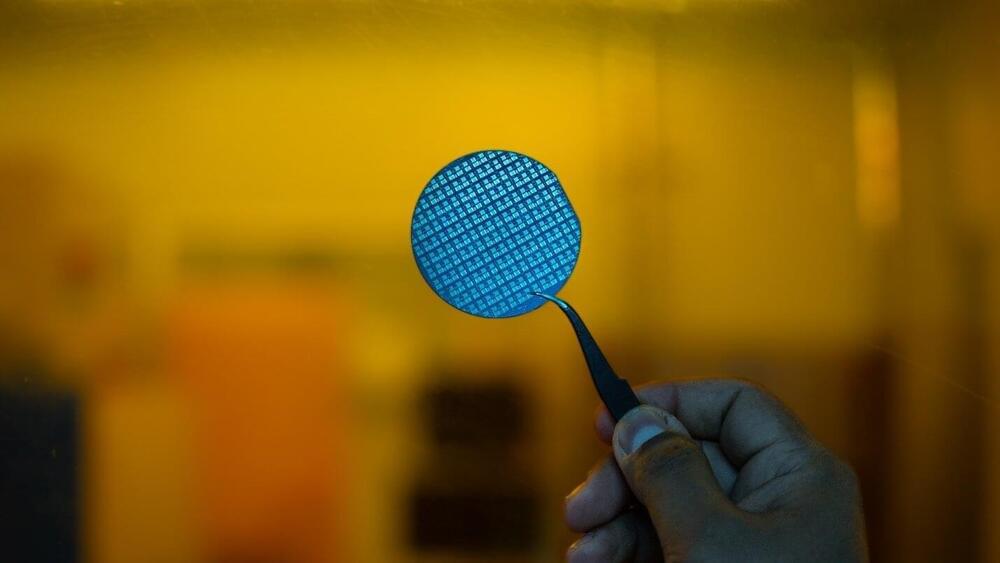
Researchers at the Indian Institute of Science (IISc) have developed a fully indigenous gallium nitride (GaN) power switch that can have potential applications in systems like power converters for electric vehicles and laptops, as well as in wireless communications. The entire process of building the switch—from material growth to device fabrication to packaging—was developed in-house at the Center for Nano Science and Engineering (CeNSE), IISc.
Due to their high performance and efficiency, GaN transistors are poised to replace traditional silicon-based transistors as the building blocks in many electronic devices, such as ultrafast chargers for electric vehicles, phones and laptops, as well as space and military applications such as radar.
“It is a very promising and disruptive technology,” says Digbijoy Nath, Associate Professor at CeNSE and corresponding author of the study published in Microelectronic Engineering. “But the material and devices are heavily import-restricted … We don’t have gallium nitride wafer production capability at commercial scale in India yet.” The know-how of manufacturing these devices is also a heavily-guarded secret with few studies published on the details of the processes involved, he adds.
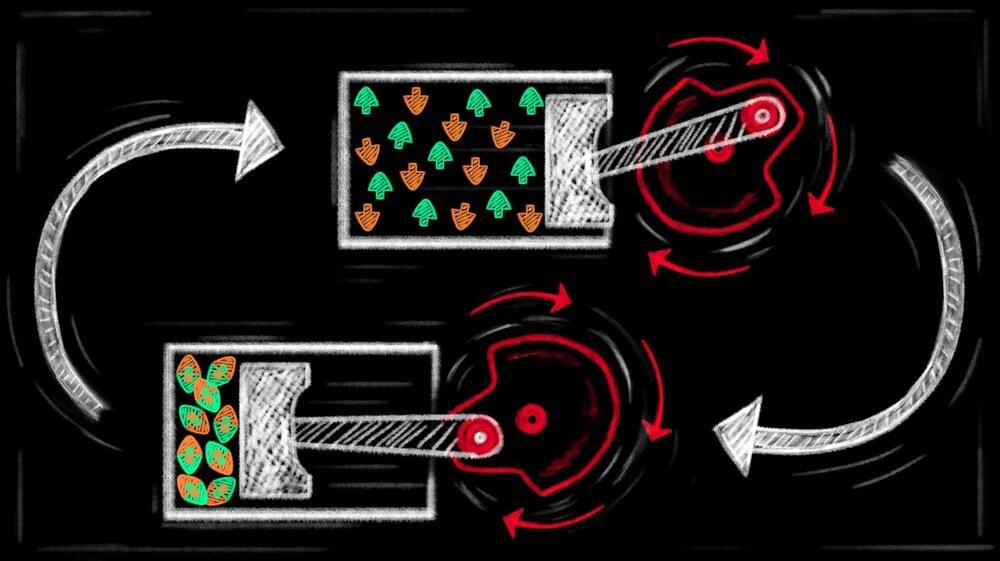
Scientists unveil exciting possibilities for the development of highly efficient quantum devices.
Quantum mechanics is a branch of physics that explores the properties and interactions of particles at very small scale, such as atoms and molecules. This has led to the development of new technologies that are more powerful and efficient compared to their conventional counterparts, causing breakthroughs in areas such as computing, communication, and energy.
A quantum leap in engine design.